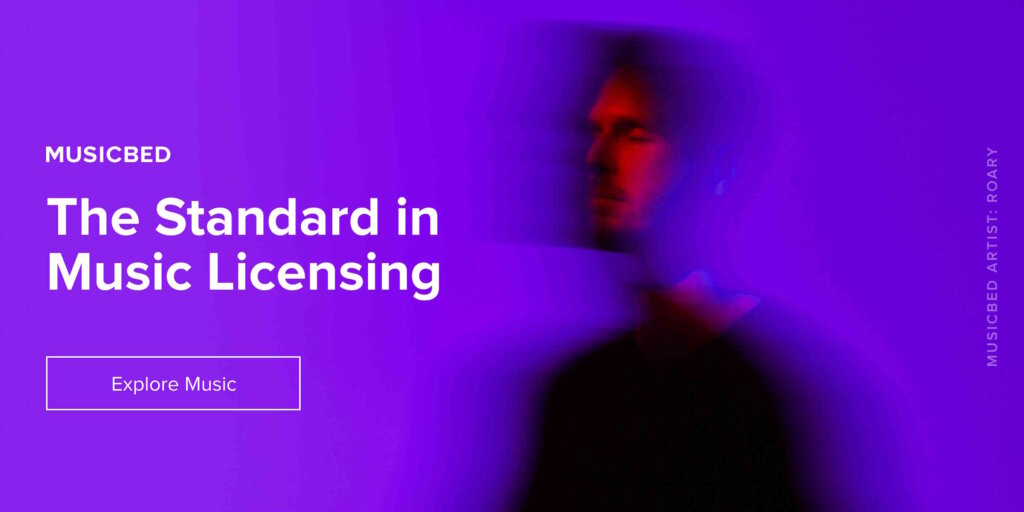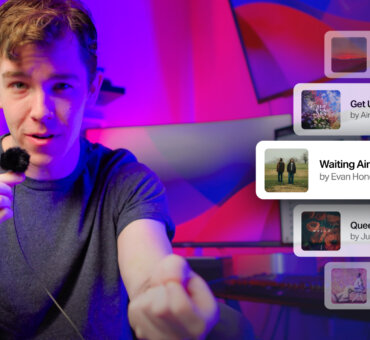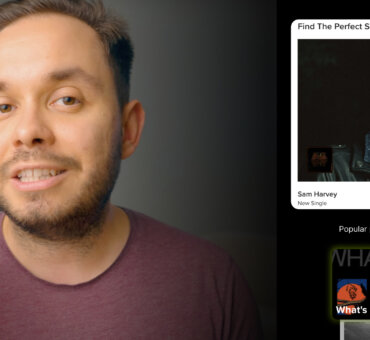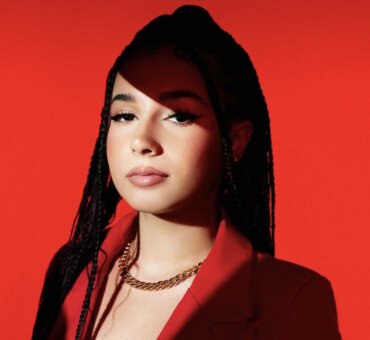As any filmmaker and creative will know, music licensing is an important part of the business. Understanding the world of music licensing is crucial to ensure your projects are legally sound, creatively enriched and ethically produced. Licensing allows us creative control and the ability to enhance emotional and narrative impact, as well as aiding budgeting by clarifying the costs upfront.
Proper licensing also ensures smooth distribution across platforms and avoids any messy legal issues such as fines and lawsuits. It’s important to respect musicians’ rights, compensating them for their work and supporting the creative industry.
In this article, we’re putting the spotlight specifically on internal and industrial licenses.
What are music licenses?
In general, a music license is a legal contract permitting the use of copyrighted music, typically for a specified period and under specific conditions. It defines how the music can be used (for example, commercially, synced with visuals, publicly performed), along with details like the duration, territory as well as the fees or royalties owed to the copyright holder.
Music licensing is essential in media projects because these agreements ensure that artists and composers receive fair compensation, while enabling legal use of their music across different applications.

What is an Internal Music License?
Internal licenses typically apply within an organization, allowing employees to use and consume software and resources for internal operations. They often involve lower costs and are geared towards facilitating business processes without any direct revenue generation. You might find an internal license applied to any of the following:
- Training films for new employees
- Corporate announcements
- Recaps
- Business meetings
- Internal events
For example, a health and safety video for new employees might take the form of animation and voiceover:
What about organizations?
One common misconception with internal licenses is that organizations are lumped into this type of license. If a church licenses a song and shows the project to its congregation, this is considered an external license, even though the people viewing the film are members of the “organization.”
Similarly, if organizations like The American Red Cross or Goodwill had an instructional film with copyrighted music sent to their members, this would also be considered an external license. It’s important to note that the people viewing the media project must be employees of the company or organization.
What is an Industrial Music License?
Industrial music licensing caters to commercial entities outside the organization, usually leading to higher costs due to broader usage rights and potential revenue generation.
Legally, while internal licenses focus on compliance within the organization’s framework, industrial licenses will have to align with broader industry regulations and commercial terms, impacting both legal responsibilities and financial considerations significantly.
An industrial music license is basically any non-broadcast usage that’s not covered by an internal license, so the use cases are quite wide and varied. It could be a commercial film being shown at events or trade shows, a point-of-purchase display within stories, or films being shown at film festival events.
For example, debut director Danny Gevirtz’s award winning I Think I’m Sick toured extensively at a number of film festivals across the US and in Europe. It would have had to obtain the correct industrial music licenses to do so legally.
Why are industrial and internal licenses important?
The type of audience viewing a media project (and what setting they’re in) is important, because it affects the type of a music license and how the license will be issued. Internal and industrial licenses will dictate not only the cost of a music license, but also if the way in which the license is being used is legal. Below we’ll detail how, without the proper license, you could be open to litigation, including copyright infringement.
The importance of Proper Licensing
For filmmakers and video creators, securing proper music licensing is important due to the significant legal risks involved. If you don’t obtain the necessary licenses, it can lead to copyright infringement, where unauthorized use of copyrighted music violates the exclusive rights of the owner.
Copyright infringement can trigger legal actions such as cease-and-desist letters and copyright strikes, which you may be familiar with on platforms such as YouTube. Financially, filmmakers may face statutory and actual damages too, potentially including lost profits and fees the copyright owner would have earned had you licensed their music properly.
These legal consequences can escalate further with courts issuing injunctions to immediately stop using the infringing music, potentially halting film distribution. In the very worst case scenarios, deliberate infringement (especially for commercial gain) may even lead to criminal penalties like fines and imprisonment.
Does all of that sound scary? That’s because it is. Defending against copyright claims brings hefty legal fees, encompassing attorney costs and court expenses, not to mention exacerbating stress and consuming your valuable time. It’s worth remembering that copyright infringement can, in worst case scenarios, tarnish a filmmaker’s reputation and damage their production company’s credibility, leading to negative publicity and missed opportunities for collaborations or distribution deals.
Best Practices for Obtaining Music Licenses
So, the answer to all of that? Obtain the correct music license. Always.
When you use Musicbed, you do so secure in the knowledge that every piece of music you select is correctly licensed and ready for use in your project. With a low monthly cost of subscription, a large catalog of over 60,000 songs from 1,500 artists, no hassle and no legal issues, it’s a no brainer for anyone looking to license music for their films and videos.
At Musicbed, we offer subscriptions to suit every creative – whether you’re an up and coming independent creator, a marketing agency or a large Hollywood production company. We have a team of dedicated experts on hand who can assist you every step of the way, ensuring you obtain whatever you need, including internal and industrial licenses.
To get started with a query about custom music or specific songs for internal and industrial licenses, you can contact us today.

Wrapping up
To conclude, an internal music license refers to organizations that are using the media project for their employees (internal training videos, company meetings). Industrial music licensing refers to every other type of usage. If people who are not employed by the company are seeing the media project, this counts as an industrial license.
When you have a deeper understanding and knowledge of music licensing, it makes you a better filmmaker. You’re responsible and aware of the importance of licensing, which helps to ensure the success of your project, protecting it from potentially fatal legal consequences.






















































































